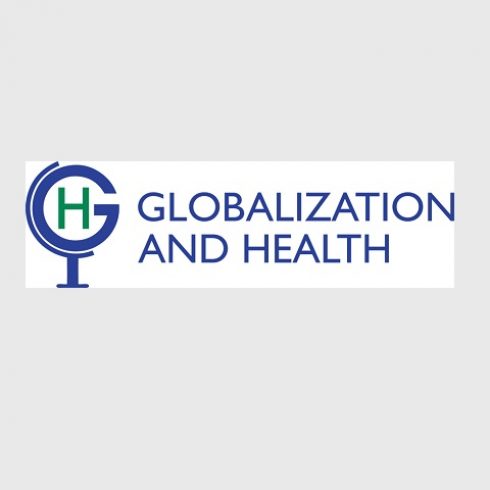Rethinking the ‘global’ in global health: a dialectic approach
Kayvan Bozorgmehr
Globalization and Health 2010 6:19 2010

Abstract
Background
Current definitions of ‘global health’ lack specificity about the term ‘global’. This debate presents and discusses existing definitions of ‘global health’ and a common problem inherent therein. It aims to provide a way forward towards an understanding of ‘global health’ while avoiding redundancy. The attention is concentrated on the dialectics of different concepts of ‘global’ in their application to malnutrition; HIV, tuberculosis & malaria; and maternal mortality. Further attention is payed to normative objectives attached to ‘global health’ definitions and to paradoxes involved in attempts to define the field.
Discussion
The manuscript identifies denotations of ‘global’ as ‘worldwide’, as ‘transcending national boundaries’ and as ‘holistic’. A fourth concept of ‘global’ as ‘supraterritorial’ is presented and defined as ‘links between the social determinants of health anywhere in the world’. The rhetorical power of the denotations impacts considerably on the object of ‘global health’, exemplified in the context of malnutrition; HIV, tuberculosis & malaria; and maternal mortality. The ‘global’ as ‘worldwide’, as ‘transcending national boundaries’ and as ‘holistic’ house contradictions which can be overcome by the fourth concept of ‘global’ as ‘supraterritorial’. The ‘global-local-relationship’ inherent in the proposed concept coheres with influential anthropological and sociological views despite the use of different terminology. At the same time, it may be assembled with other views on ‘global’ or amend apparently conflicting ones. The author argues for detaching normative objectives from ‘global health’ definitions to avoid so called ‘entanglement-problems’. Instead, it is argued that the proposed concept constitutes an un-euphemistical approach to describe the inherently politicised field of ‘global health’.
Summary
While global-as-worldwide and global-as-transcending-national-boundaries are misleading and produce redundancy with public and international health, global-as-supraterritorial provides ‘new’ objects for research, education and practice while avoiding redundancy. Linked with ‘health’ as a human right, this concept preserves the rhetorical power of the term ‘global health’ for more innovative forms of study, research and practice. The dialectic approach reveals that the contradictions involved in the different notions of the term ‘global’ are only of apparent nature and not exclusive, but have to be seen as complementary to each other if expected to be useful in the final step.
 Share
Share






Commentary
The latest commentary on the use of antimicrobials in society.
Sustainable aquaculture in Bangladesh
Rather than asking how antibiotics enable livelihoods in situations of increasing precarity, our research asks whether it is possible to...
Submissions to the AMIS Hub
Are you a social scientist who is working in antimicrobial resistance (AMR)?
Social Science and AMR Research Symposium: Event
The AMIS Programme hosted a work-in-progress symposium and networking event on 10 September 2018, at the British Academy.